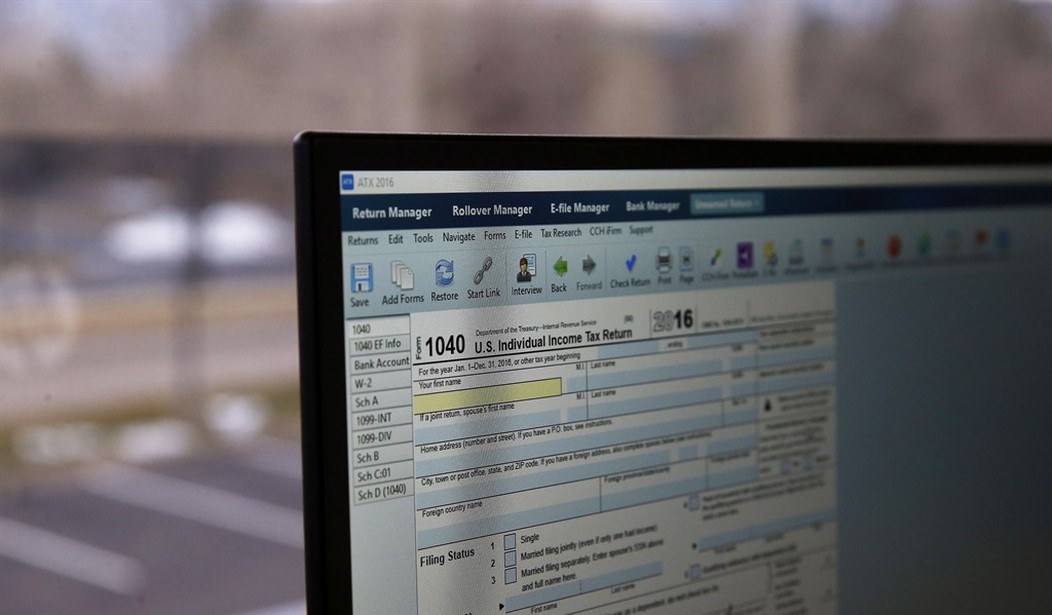It’s been something of an article of faith around here that government workers have a pretty easy time of things compared to those of us laboring in the private sector. Having a job where it’s almost impossible to be fired no matter how well (or poorly) you perform, even during a recession, provides the sort of peace of mind most American workers can only dream of. And the pay and benefits are pretty sweet also, all thanks to the generosity of the American taxpayer. But specific data on such comparisons between the public and private sector can be a bit hard to come by since it’s not compiled on a regular basis. The last time the CBO did such a study it only covered the period between 2005 and 2010. We finally have an update, however, and the trends haven’t changed a bit. The Congressional Budget Office released their latest report yesterday covering the period from 2011 to 2015 and, if anything, government employees are doing even better than their private sector counterparts than they did in the previous half decade. (Government Executive)
A report from the Congressional Budget Office released Tuesday said the compensation gap between workers in the federal government and those in the private sector has widened since it last studied the issue in 2012.
But analysts warned that the different demographic and educational make-up of each sector make any comparison complicated…
Overall, total compensation for federal workers was 17 percent higher, on average, than for comparable workers in the private sector during 2011-2015, CBO found. It was 16 percent higher for the period of 2005-2010, the budget office found in its earlier study.
The cost of providing benefits for federal civilian workers from 2011-2015 was estimated to be 47 percent higher on average than for comparable private sector employees.
Before looking at the actual wage gap, it’s interesting to note the linguistic gymnastics the CBO goes through in order to provide “nuance” to any comparisons. (It’s almost as if they seem a bit embarrassed by the results.) Despite the fact that any other comparisons in wages between demographic groups such as by gender, race or age tends to be lumped into one big basket, CBO breaks down government workers by their education level. Fair enough. It’s a valid consideration, though it would be a pleasant surprise to find such thoughtful breakdowns in those other discussions.
The biggest gap was between workers with a high school education or less. (Not for nothing, but how many people without a high school diploma are getting government jobs?) That group earned 53% higher total compensation than those in the private sector, with 34% higher wages and, wait for it… 93% more in benefits. People with a bachelor’s degrees received a more modest 5% more in wages, but still 53% more in benefits. In fact, the only group not doing better than the private sector were those with doctorate degrees.
The overall numbers show that government workers in general are still bringing in 17% more in compensation than those in the real world. The biggest cost driver is the benefits package which is not only generous for the usual things such as holidays, vacation, health care, sick days and all the rest, but also includes a nearly fireproof retirement package. Many of you younger readers who don’t already work on Wall Street or in a public employees union may be wondering what I mean by that since almost nobody offers one anymore. Just ask your parents or Google it.
So if we’re supposedly in the process of draining the swamp and shaking up the business of government as usual, is it finally time to take a fresh look at this situation? Nobody wants government workers to starve, but given the shifting nature of the economy and the economic realities for the vast majority of the people around the country who actually pay for the government to run, is this fair? Should the government continue to spend that much money on providing jobs which are already being done in the private sector for so much less? We should be having a discussion about either shifting more of this work to the private sector to reduce costs or trimming government employee compensation to keep it more in line with what the work is worth in the real world. Or both.







Join the conversation as a VIP Member